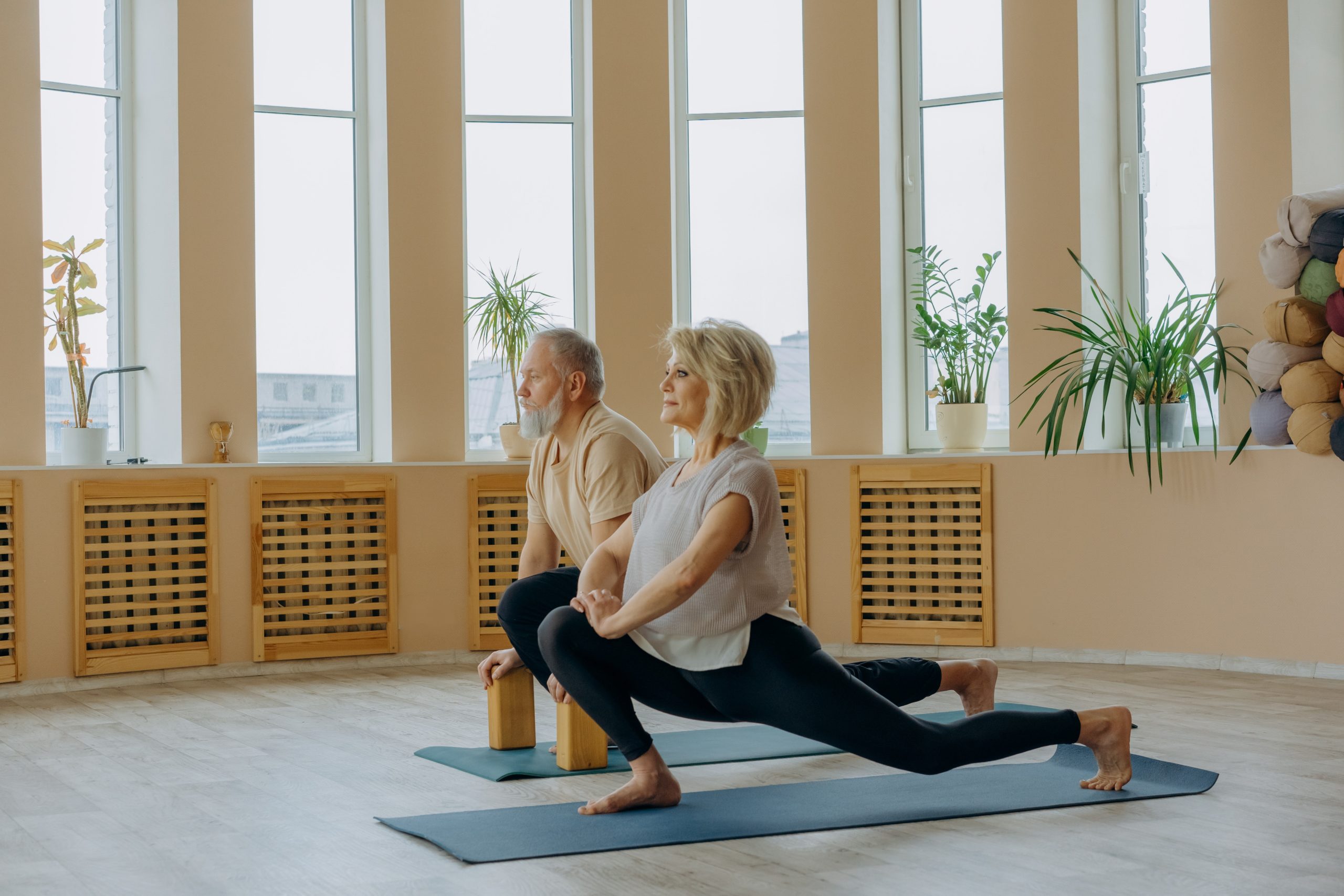The Benefits of Meditation: How it Can Improve Your Mental and Physical Well-being

The image is not directly related to the article. It merely symbolizes the life of elderly people.
Question: What is meditation?
Answer: Meditation is a practice that involves focusing your mind and eliminating the stream of thoughts that may be crowding your mind. It is often done by sitting quietly and concentrating on your breath or a specific object or sound, with the aim of achieving mental clarity and inner peace.
Question: How does meditation improve mental well-being?
Answer: Meditation has numerous benefits for mental well-being. It can help reduce stress, anxiety, and depression by calming the mind and promoting relaxation. Regular meditation practice can also improve focus, attention, and cognitive abilities. It helps cultivate a positive mindset and promotes self-awareness and emotional resilience.
Question: What are the physical benefits of meditation?
Answer: Meditation not only benefits the mind but also has positive effects on the body. It can lower blood pressure, reduce the risk of heart disease, and improve sleep quality. Regular meditation practice can boost the immune system, increase energy levels, and alleviate chronic pain. It promotes overall physical well-being and can contribute to a healthier lifestyle.
Question: How long should one meditate to experience the benefits?
Answer: The duration of meditation varies for individuals, and even a short daily practice can yield benefits. Starting with just a few minutes of meditation each day and gradually increasing the duration can be a good approach. Some people find value in meditating for 20-30 minutes, while others may meditate for longer periods. The key is to establish a consistent practice that works for you.
Question: Can anyone practice meditation?
Answer: Yes, anyone can practice meditation. It is a universal technique that can be adapted to suit individual preferences and needs. Whether you are young or old, have a busy lifestyle or a sedentary one, meditation can be beneficial. There are various types and techniques of meditation, so it’s important to find the approach that resonates with you and feels comfortable.
Question: How can one start practicing meditation?
Answer: To start practicing meditation, find a quiet and comfortable space where you won’t be disturbed. Sit in a comfortable position with your back straight, either on a cushion or a chair. Close your eyes and focus on your breath or a chosen object or sound. Allow your thoughts to come and go without judgment and gently bring your attention back to your chosen focus. Start with a few minutes each day and gradually increase the duration as you become more comfortable with the practice.
Question: Are there any resources available to learn meditation?
Answer: Yes, there are numerous resources available to learn meditation. You can find guided meditation apps, online courses, books, and even local meditation centers or classes. It can be helpful to start with guided meditations, especially for beginners, as they provide instruction and support during the practice. Exploring different resources can help you find the approach and guidance that resonate with you.
The image is not directly related to the article. It merely symbolizes the life of elderly people. Question: What is meditation? Answer: Meditation is a practice that involves focusing your mind and eliminating the stream of thoughts that may be crowding your mind. It is often done by sitting quietly and concentrating on your breath…
Recent Posts
- Empowering Caregivers: The Best Online and Offline Resources to Enhance Your Skills
- Traveling with a Purpose: The Rise of Volunteer Vacations
- Breaking Stigma: Dispelling Myths about Mobility Aids and Disability
- Avoiding Probate: How Trusts Can Simplify the Estate Settlement Process
- Senior Citizens Beware: Common Financial Scams and How to Stay Protected

